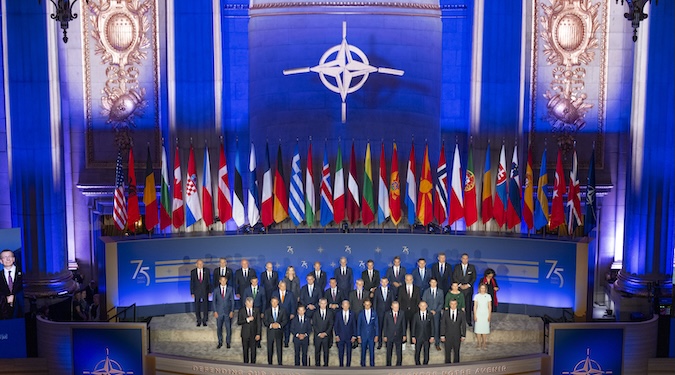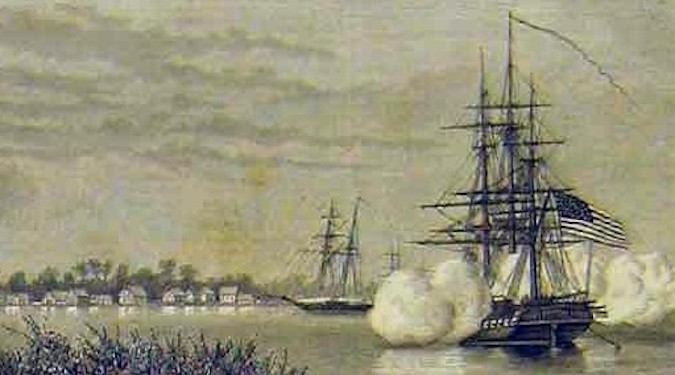Rebecca Myshrall examines how President Donald J. Trump’s first administration marked a significant shift in the US stance toward the North Atlantic Treaty Organization (NATO), with unprecedented criticism focused on the financial contributions of European allies. Myshrall summarizes the historical context of NATO’s formation and evolution of the US perspectives on it. Myshrall then documents… Continue reading Trump and NATO: Will NATO Survive Under a Second Trump Administration?
Tag: Executive Power
Will Soper Responds to Tyler Smotherman’s Review of “Greytown Is No More!”
I have read Tyler Smotherman’s review of my book, Greytown Is No More! I am much buoyed by the many positive passages to be found throughout its 17 pages. I wish to thank the reviewer, Tyler Smotherman, JNSLP Managing Editor Todd Huntley, and Editor-in-Chief William C. Banks for their efforts. I would like to take… Continue reading Will Soper Responds to Tyler Smotherman’s Review of “Greytown Is No More!”
Greytown, Great Power Politics, and History’s Grey Areas
Tyler R. Smotherman reviews Will Soper’s “Greytown Is No More!” The 1854 Razing of a Central American port, the U.S. Businesses Behind Its Demise, and the Lasting Foreign Policy Legacy, which looks at the cause of Greytown’s destruction and takes a critical look at the court’s subsequent ruling in Durand v. Hollins. Smotherman praises the… Continue reading Greytown, Great Power Politics, and History’s Grey Areas



